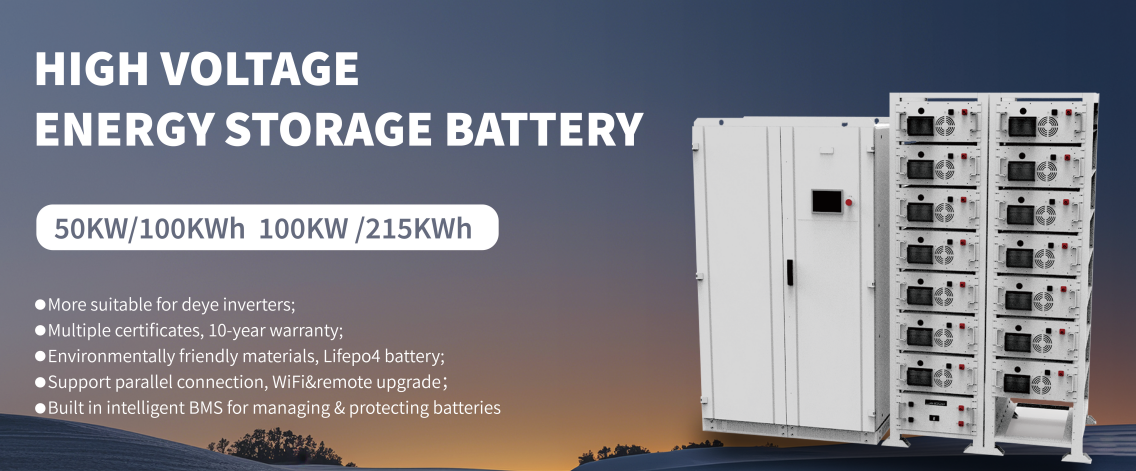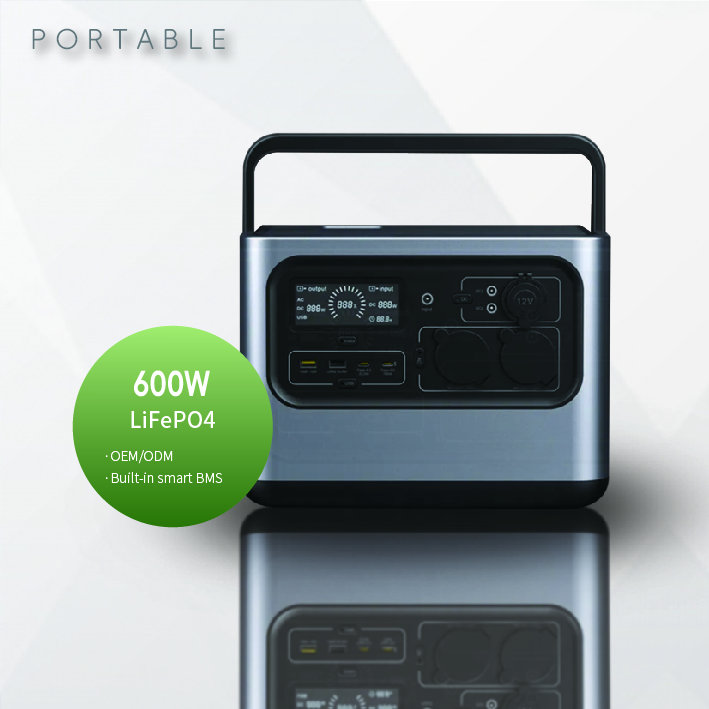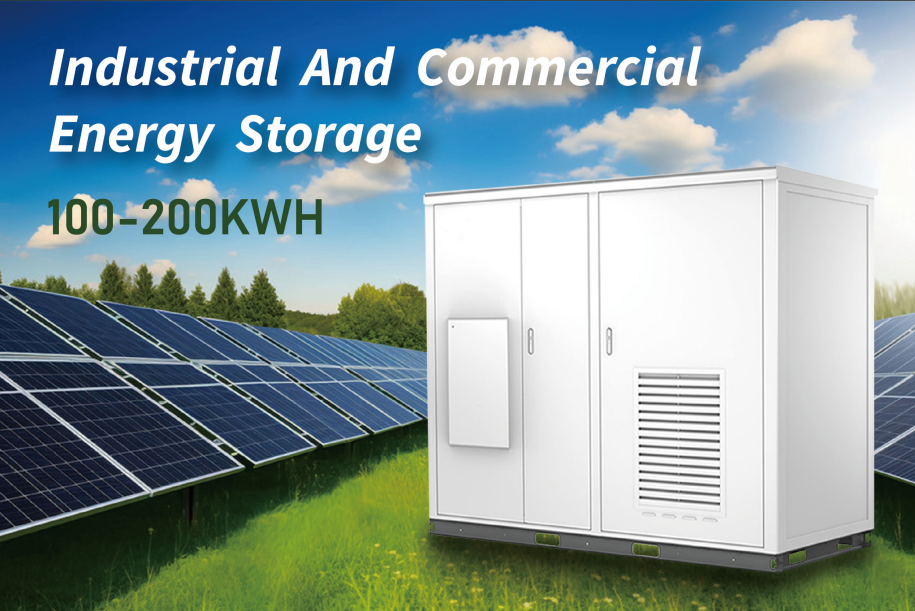Driven by the global carbon neutrality goal, Canada is accelerating its transformation to a clean energy economy. As a frontier market for lithium battery applications in the world, Canadian users’ demand for high-performance and high-safety batteries continues to rise. CHUNQU focuses on the needs of the Canadian market with power batteries, solid-state batteries, tricycle batteries and industrial and commercial energy storage systems as its core products, and provides customized energy solutions for local users.
Core demands and market challenges of Canadian lithium battery users
1.1 Policy-driven environmental protection upgrade
In 2023, the Canadian government further strengthened the Net Zero Emissions Act, explicitly requiring a complete ban on the sale of fuel vehicles by 2035, and plans to achieve 100% clean national power grid by 2040. This policy orientation makes lithium batteries a key technology carrier in the fields of transportation and energy. When choosing suppliers, users not only pay attention to product performance, but also require companies to have the ability to manage carbon footprint throughout the life cycle.
CHUNQU’s response strategy: The Jiangxi factory uses 100% green electricity production and has passed ISO 14064 greenhouse gas verification certification. Provide a battery recycling alliance plan and work with local recycling companies in Canada to achieve a 95% material recycling rate.
1.2 Technical pain points in extreme climates
The average winter temperature in Canada is as low as -20℃, and in some areas the extreme low temperature exceeds -40℃. The capacity of traditional lithium batteries decays by more than 50% at low temperatures. Users are in urgent need of cold-resistant batteries, especially in the following scenarios: Electric transportation: the range stability of snowmobiles and electric buses. Off-grid energy storage: the year-round reliability of photovoltaic/wind power supporting energy storage in remote areas.
CHUNQU’s technological breakthrough: Nano-ceramic composite electrolyte technology: the electrode material still maintains efficient ion conduction at -40℃, and the low-temperature capacity retention rate is increased to 88%. Intelligent hierarchical heating BMS: predict ambient temperature changes through AI algorithms, dynamically adjust the internal heating power of the battery, and reduce energy consumption by 30%.
1.3 Differentiated needs of market segments
(1) Urban logistics and electric tricycles
The penetration rate of e-commerce in Canada has increased year by year, and cities such as Toronto and Vancouver have surged in demand for “last mile” electric delivery vehicles. Core user demands include: Lightweight battery packs (≤25kg) to increase vehicle cargo capacity. Fast charging technology (charge to 80% in 1 hour) to shorten fleet downtime.
CHUNQU solution: Launched modular lithium iron phosphate battery packs (LFP) with an energy density of 160Wh/kg, suitable for mainstream tricycle models. Equipped with a liquid-cooled fast charging interface, supporting a 4C charging rate, and a cycle life of over 2,500 times.
(2) Economic demand for industrial and commercial energy storage
The peak-to-valley difference in industrial and commercial electricity prices in Canada is as high as 3 times (for example, the peak electricity price in Ontario is 0.25 Canadian dollars/kWh, and the valley price is 0.08 Canadian dollars/kWh). Enterprises urgently need to reduce electricity costs through energy storage systems.
CHUNQU’s competitive advantages: Smart energy storage containers (500kWh-2MWh): support real-time electricity price data access and automatic switching of charging and discharging modes. Self-developed dynamic threshold algorithm: optimize charging and discharging strategies based on corporate electricity usage habits, and save 35%-40% of electricity costs in actual tests.
CHUNQU's technical barriers and smart manufacturing capabilities
2.1 Solid-state battery technology leads the industry
CHUNQU will complete mass production of semi-solid batteries in 2022 and be the first to pass international certifications such as UL 1973 and IEC 62619. The core parameters are as follows:
Energy density: 405Wh/kg (40% higher than liquid batteries).
Thermal runaway suppression: no open flames in the needle puncture test, surface temperature <80°C.
Cycle life: capacity retention rate ≥90% after 2000 cycles.
This technology has been applied to the Vancouver electric ferry project in Canada, with a single charge range of more than 200 kilometers, and has received innovative technology subsidies from the Canadian Ministry of Transport.
2.2 Flexible intelligent manufacturing system
The Jiangxi factory adopts the Industry 4.0 standard to build an intelligent production line:
AI visual quality inspection system: The detection accuracy of battery cell defects reaches 99.99%, and the defective rate is <0.02%.
Digital twin platform: Real-time simulation of production process, order delivery cycle shortened to 15 days (industry average 45 days).
Small batch customization capability: Support customized production of a minimum of 50 battery groups to meet the trial order needs of Canadian small and medium-sized customers.


